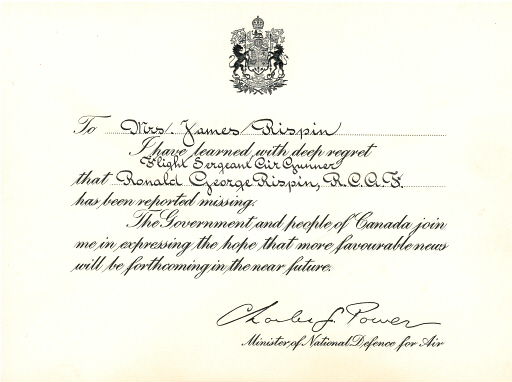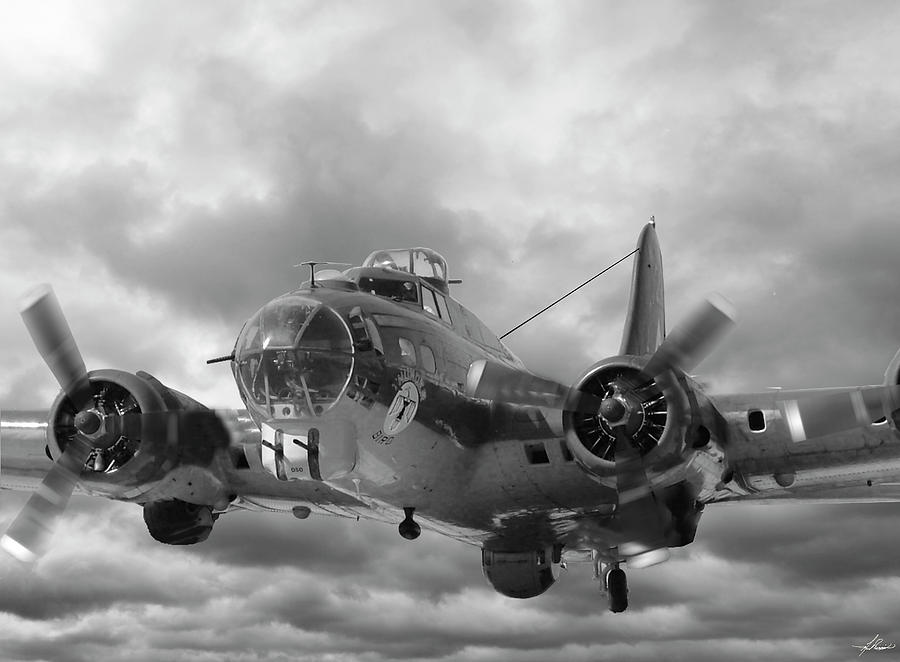By Phil Rispin

The first and second World Wars were hard on my family. In World War I, my grandmother lost her father and brother. My grandfather came home with a gunshot wound and died later of septicemia. He lived long enough after his medical discharge to sire my dad and his older brother Ronnie. In World War II, Ronnie served as a tail gunner in a Wellinton Bomber and was killed. Dad lied about
his age and joined up at 17. He served in the navy in HMCS Hollowell plying the North Atlantic hunting submarines. Unlike his brother, he made it home. As kids, we learned not to ask dad about whathe had done and seen. Bringing up the topic would make him angry.
There was a sense of deep-seated sorrow in our family. When we visited grandma's place, the topic of conversation often turned to the war years. Grandma had a room in the basement that was dedicated to pictures and newspaper articles that honoured family members killed in action, particullarly her son Ronnie. My father's response to grandma's focus on Ronnie was interesting. He seemed to feel guilty for having made it through alive. I've attached the note my grandmother recieved saying Ronnie was missing in action.
Although I had never met him, I looked up to Uncle Ronnie. I wanted to be a pilot and was fascinated with military aircraft. I did become a pilot, and I stil spend time watching World War II documentaries, visiting air museums and doing art photography of World War II aircraft. I've attached an image of a B-17g I took on the ground and made into this piece of art work in Adobe Photoshop using a sky image I'd taken. It's available at https://phil-rispin.pixels.com These men who were killed were real people, family members. Recently our grandaughter did a social studies section on World War II. When she came over, we were able to bring out pictures and letters home. It's important that we stop and remember what happened. The effects of these conflicts are still with us.
